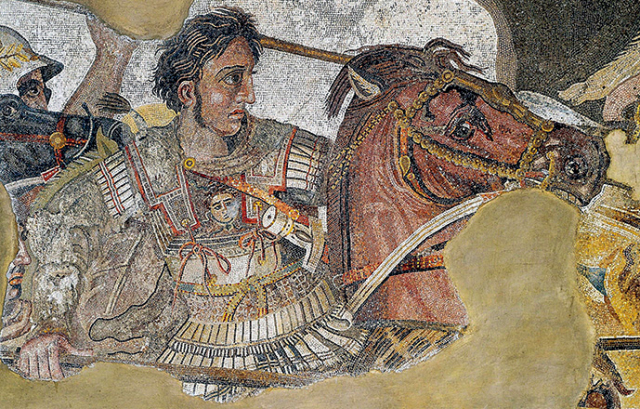Space and behaviour at the court of Alexander the Great
Historian article

Space and behaviour at the court of Alexander the Great
Why do we behave in the way that we do? In this article, Stephen Harrison shows how our behaviour is intrinsically linked to the spaces we inhabit and he argues that Alexander the Great adopted spatial features from Persian architecture which altered the nature of his relationship with his subjects. Over time, this had an impact on the behaviour of Alexander and his courtiers.
Alexander the Great became king of Macedonia in 336 BC when his father, Philip II, was assassinated. Two years later, he invaded the Persian Empire which, at the time, was the largest empire that the world had ever seen, stretching from he borders of India to Egypt and Turkey. Alexander defeated the Persians in several important battles, eventually capturing Persepolis, the capital city, in 330. A few months later, the Persian king, Darius III, was murdered in a palace coup. Alexander pushed on eastwards, reaching the borders of India before his army mutinied and forced him to head for home. He would never make it, however, as he fell ill and died in Babylon in 323...
This resource is FREE for Historian HA Members.
Non HA Members can get instant access for £2.49

